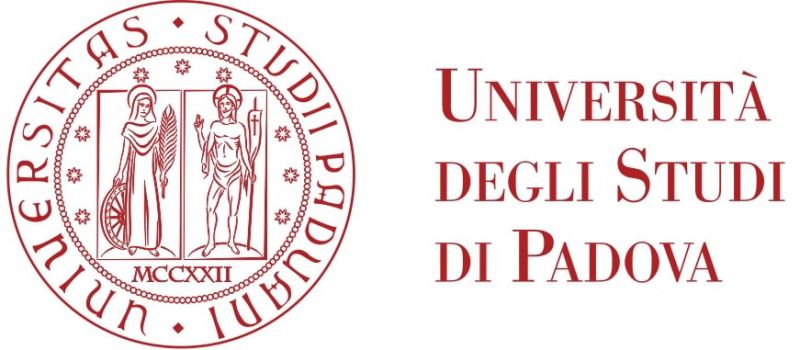

29 May 2012, h.15:00 - Sala 201 DEI/A
|
Time-Critical Cooperative Path Following
of Multiple UAVs over Time-Varying Networks
Isaac Kaminer Department of Mechanical and Aerospace Engineering
Naval Post-Graduate School
Monterey, CA
|
Abstract:
This talk addresses the problem of steering a fleet of UAVs along desired paths while meeting stringent spatial and temporal constraints. A representative example is the challenging mission scenario where the vehicles are tasked to cooperatively execute collision-free maneuvers and arrive at their final destinations at the same time (time-critical operations). In the setup adopted, the vehicles are assigned nominal spatial paths and speed profiles along these paths. The paths are then appropriately parameterized and the vehicles are requested to execute cooperative path following, rather than “open loop” trajectory tracking maneuvers. This strategy yields robust behavior against external disturbances by allowing the vehicles to negotiate their speeds along the paths in response to information exchanged over the dynamic inter-vehicle communications network. The talk addresses explicitly the situation where each vehicle transmits its coordination information to only a subset of the other vehicles, as determined by the communications topology. Furthermore, we consider the case where the communication graph that captures the underlying communications topology is disconnected during some interval of time or even fails to be connected at all times. Conditions are given under which the complete time-critical cooperative path-following closed-loop system is stable and yields convergence of a conveniently defined cooperation error to a neighborhood of the origin. Flight test results of a coordinated road search mission demonstrate the efficacy of the multi-UAV cooperative control framework presented in the talk.
Biography:
Isaac Kaminer has been teaching at the Naval Post-Graduate School since 1992 first at the Department of Aeronautics and Astronautics and since 2003 at the present one. He received his PhD from University of Michigan in 1992. Prior to that he spent four years working for Boeing Commercial.

